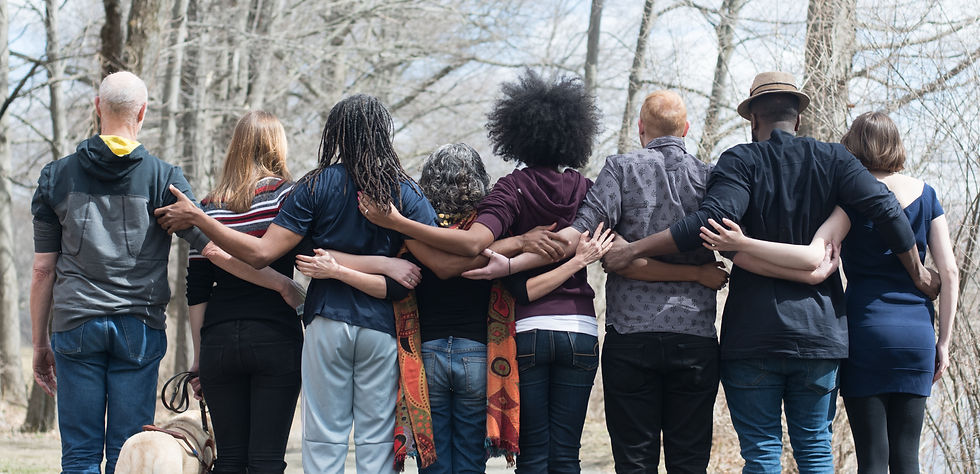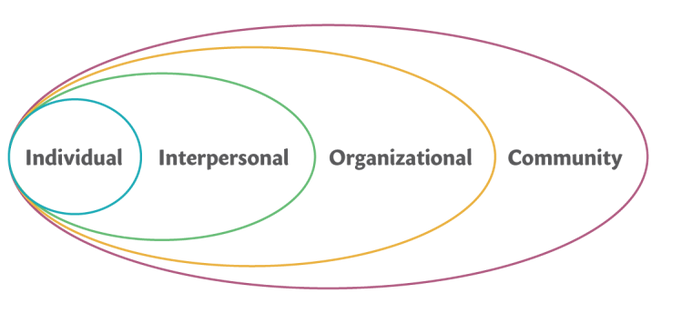
OUR APPROACH
Our diversity trainings are rooted in active bystander intervention, identified by the Equal Employment Opportunity Commission and Forbes as the most effective training method for creating inclusive, equitable, and respectful workplaces. Supported by research and with attention to current events, our trainings engage participants with information and activities to:
-
Examine and un-learn bias
-
Effectively respond to and prevent harassment and discrimination
-
Engage with cultural humility to shift workplace culture
-
Respectfully engage in challenging conversations
-
Create social norms based on respect, diversity, equity, and inclusion
-
Operationalize diversity, equity, and inclusion into policy and practice

Ethical Upstander Training appeals because it is direct. The scenarios that we did at your workshop showed how individual bias or lack of awareness can lead to decisions that have a harmful impact in the community.
Fernando Perfas, Assistant Director of Prevention,
Bureau of Substance Addiction Services,
Massachusetts Department of Public Health
Unlike typical diversity trainings that only focus on compliance, our trainings provide a compassionate, experiential approach to increase buy-in and teach specific skills for effectively interrupting and preventing bias and harmful behavior. Our trainings are interactive and include:
-
Data
-
Videos
-
Skill-building exercises
-
Partner and small group activities
-
Templates for challenging conversations
-
Tools for taking action
-
Real-life scenario practice
Participants leave our trainings with increased social awareness, practical skills, and a renewed commitment to promote diversity, equity, and inclusion in their workplaces and communities.

OUR FRAMEWORK
Our trainings are designed to examine different levels of the Social Ecological Framework. This framework recognizes that while our ideas and behaviors are shaped by our environment, we have the power to reshape and influence the world around us. Whether your priorities are improving the cultural climate of your institution or better serving the needs of the diverse populations you serve, our trainings promote positive, measurable change within individuals and institutions.

Systemic
Individual
behaviors, beliefs, biases, knowledge, values, and experiences
Interpersonal
communication, microaggressions, cooperation, power dynamics, and privilege
Organizational
leadership, staffing, conflict resolution, policies, resource allocation
Community
employment, education, housing, access to resources, health and social services
Systemic
mass incarceration, historical trauma, media, political representation, public policy
